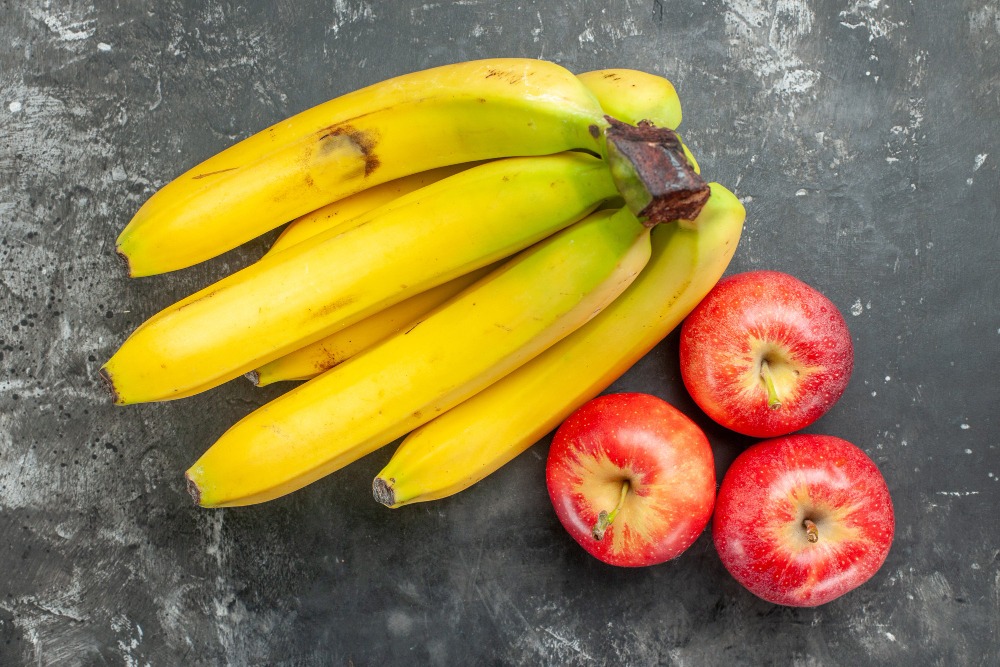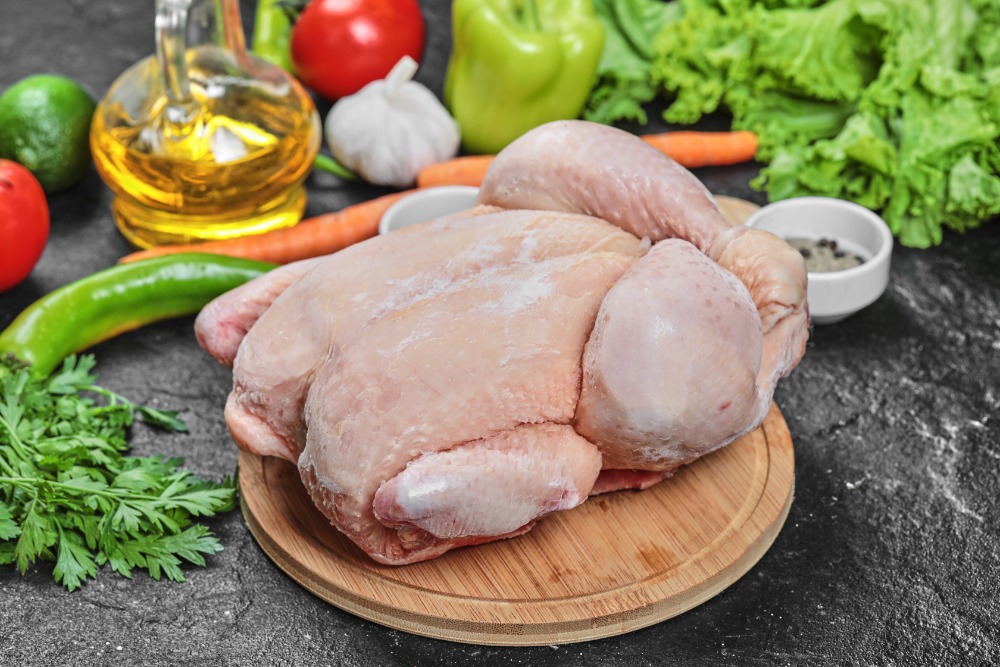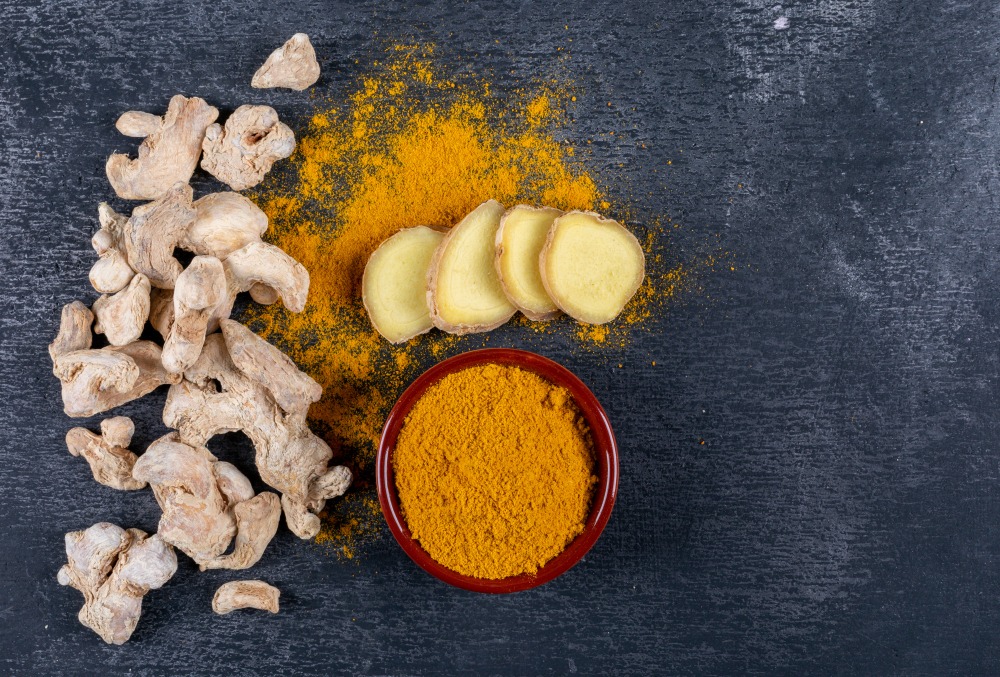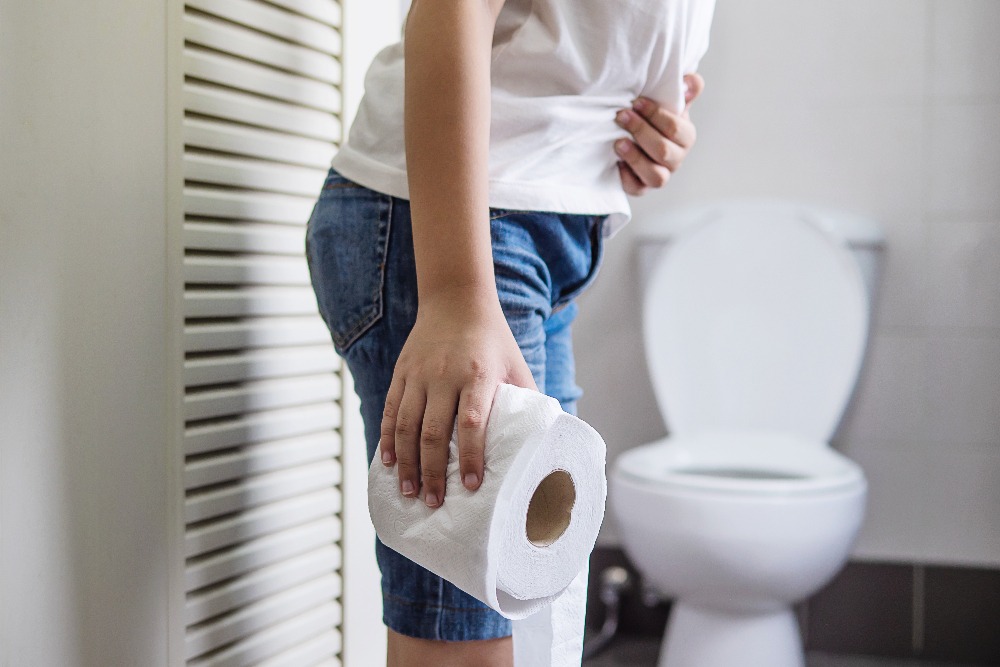Recovering from piles surgery can feel challenging but the right dietary choices can significantly ease the journey. After undergoing piles surgery it is crucial to focus on a diet that promotes healing, minimizes discomfort and prevents complications like constipation. By eating the good foods and avoiding the wrong ones you can ensure a smoother recovery process.
In this guide, we’ll dive into the best diet after piles surgery, highlighting foods that help with pain relief, healing, and overall digestive health.
Why Is Diet Important After Piles Surgery?
The recovery phase following piles surgery involves managing pain and preventing strain on the surgical site. What you eat directly affects your digestion and overall recovery. A suitable diet can:
- Prevent Constipation: Straining during bowel movements can slow healing and cause pain.
- Aid in Healing: Nutrient-rich foods provide essential vitamins and minerals to repair damaged tissues.
- Reduce Inflammation: Anti-inflammatory foods help soothe the surgical area and promote faster recovery.
Nutritional Goals for Recovery
A diet after piles surgery should focus on achieving these key goals:
- High Fiber Intake: To keep stools soft and prevent constipation.
- Hydration: Drinking enough fluids to support digestion and avoid hard stools.
- Proteins for Healing: To repair tissues and recover from surgery.
- Anti-Inflammatory Foods: To minimize swelling and promote comfort.
What Foods to Eat After Piles Surgery?
Here’s a detailed look at the foods you should include in your recovery diet:
1. Fiber-Rich Foods

Fiber is the most important component of a diet after piles surgery, as it ensures smooth digestion and prevents constipation. Aim for taking at least 25–30 grams of fiber daily.
- Whole Grains: Brown rice, quinoa, whole-wheat bread, and oats are excellent choices.
- Fruits: Apples, pears, bananas, papayas, and berries (eat fruits with skin for maximum fiber).
- Vegetables: Broccoli, spinach, carrots, zucchini, and sweet potatoes are nutrient-rich and easy to digest.
- Legumes: Lentils, chickpeas, and beans are great plant-based sources of both fiber and protein.
2. Hydrating Foods and Fluids

Dehydration can harden stools, making bowel movements painful. Staying hydrated is just as crucial as consuming fiber.
- Water: Drink at least 8–10 glasses a day.
- Coconut Water: Rich in electrolytes, it keeps you hydrated and provides a mild sweetness.
- Herbal Teas: Chamomile or peppermint tea can help ease the digestive system.
- Soups and Broths: These are gentle on the stomach and packed with nutrients.
4. Protein-Rich Foods

Protein is very important for tissue repair and healing. Including easily digestible sources of protein in your diet after piles surgery can speed up recovery.
- Eggs: Boiled or scrambled eggs are a great source of high-quality protein.
- Chicken and Fish: Grilled or baked, they provide lean protein without heavy spices.
- Plant-Based Proteins: Lentils, tofu, and tempeh are excellent vegetarian options.
5. Healthy Fats

Good fats help reduce inflammation and provide energy for recovery. Opt for healthy fat sources like:
- Avocados: Packed with healthy fats and fiber, they’re perfect for post-surgery recovery.
- Olive Oil: Use it as a dressing for salads or drizzle it over steamed vegetables.
- Nuts and Seeds: Almonds, walnuts, chia seeds and flaxseeds are great choices, but consume them in moderation.
6. Anti-Inflammatory Foods

Reducing inflammation can help ease pain and promote healing. Include foods with anti inflammatory properties:
- Turmeric: Known for its powerful anti inflammatory effects, you can add it to soups or milk.
- Ginger: Fresh ginger can be used in teas or added to meals to aid digestion.
- Berries: Blueberries, strawberries and blackberries are rich in antioxidants that help fight inflammation.
Foods to Avoid After Piles Surgery
Some foods can irritate the digestive system, increase inflammation, or lead to constipation. Avoid these during your recovery:
1. Spicy Foods
- Spicy dishes can irritate the surgical site and cause discomfort during bowel movements.
2. Processed Foods
- Foods like chips, cookies, and canned goods are low in fiber and can disrupt digestion.
4. Red Meat
- It is difficult to digest, red meat can lead to constipation and should be avoided during recovery.
5. Carbonated Drinks
- Sodas and fizzy drinks can cause bloating and gas, adding to your discomfort.
Sample Meal Plan for Recovery
Here’s a sample meal plan designed for a smooth recovery:
Morning
- Start your day with a glass of warm water and a dash of lemon.
- Breakfast: A bowl of oatmeal topped with sliced bananas and chia seeds.
Mid-Morning Snack
- A handful of almonds or a small bowl of papaya.
Lunch
- Main Dish: Brown rice or quinoa with steamed vegetables (broccoli, carrots) and grilled chicken or lentils.
- Side: A small bowl of yogurt to improve gut health.
Afternoon Snack
- A glass of coconut water and a handful of mixed nuts.
Dinner
- Main Dish: Quinoa salad with avocado, olive oil dressing, and boiled eggs or tofu.
- Side: A cup of vegetable soup.
Before Bed
- A glass of warm turmeric milk to reduce inflammation and aid healing.
Tips for Easier Recovery
In addition to following the right diet after piles surgery, these tips can further support your recovery:
1. Chew Your Food Thoroughly
Proper chewing aids digestion and prevents bloating.
2. Eat Small, Frequent Meals
Avoid overloading your digestive system by spreading meals throughout the day.
3. Avoid Straining
Use stool softeners if necessary and avoid straining during bowel movements.
4. Stay Active
Light activities like walking can promote digestion and prevent stiffness.
5. Listen to Your Body
If a certain food causes discomfort then avoid it and consult your doctor if necessary.
Long-Term Benefits of a Healthy Diet
While the focus of this guide is on recovery, adopting a healthy diet post-surgery can provide long-term benefits. A balanced, fiber-rich diet prevents the recurrence of piles and improves overall digestive health.
The right diet after piles surgery not only ensures a smooth recovery but also sets the foundation for better gut health in the future. By eating mindfully and staying hydrated you can protect yourself from potential complications and live a healthier and pain-free life.
Recovery after piles surgery doesn’t have to be stressful. By incorporating the foods and tips discussed here, you can promote healing, reduce discomfort and get back to your routine faster. A little extra care and a thoughtful diet after piles surgery can go a long way in ensuring your recovery is as smooth and comfortable as possible.
Frequently Asked Questions
1. What is the best type of food to eat immediately after piles surgery?
After piles surgery, start with easily digestible, bland foods like soups, broths, and steamed vegetables. Gradually introduce high-fiber foods like fruits, vegetables, and whole grains to prevent constipation.
2. Can I eat spicy foods after piles surgery?
It’s best to avoid spicy foods as they can irritate the surgical site and cause discomfort during bowel movements. Stick to mild, soothing foods for a few weeks.
3. How much water should I drink during recovery?
Staying hydrated is crucial for smooth digestion and soft stools. Aim for at least 8–10 glasses of water daily, and include hydrating options like coconut water or herbal teas.
4. Are there any fruits that help with healing?
Yes, fruits like papaya, apples (with skin), and berries are excellent choices. They are high in fiber and provide essential vitamins that support healing.
5. When can I return to my regular diet after piles surgery?
You can slowly reintroduce your regular diet over 2–3 weeks, depending on your recovery progress. Always consult your doctor before adding complex or heavy foods back into your meals.
Image Credits: FreePik

